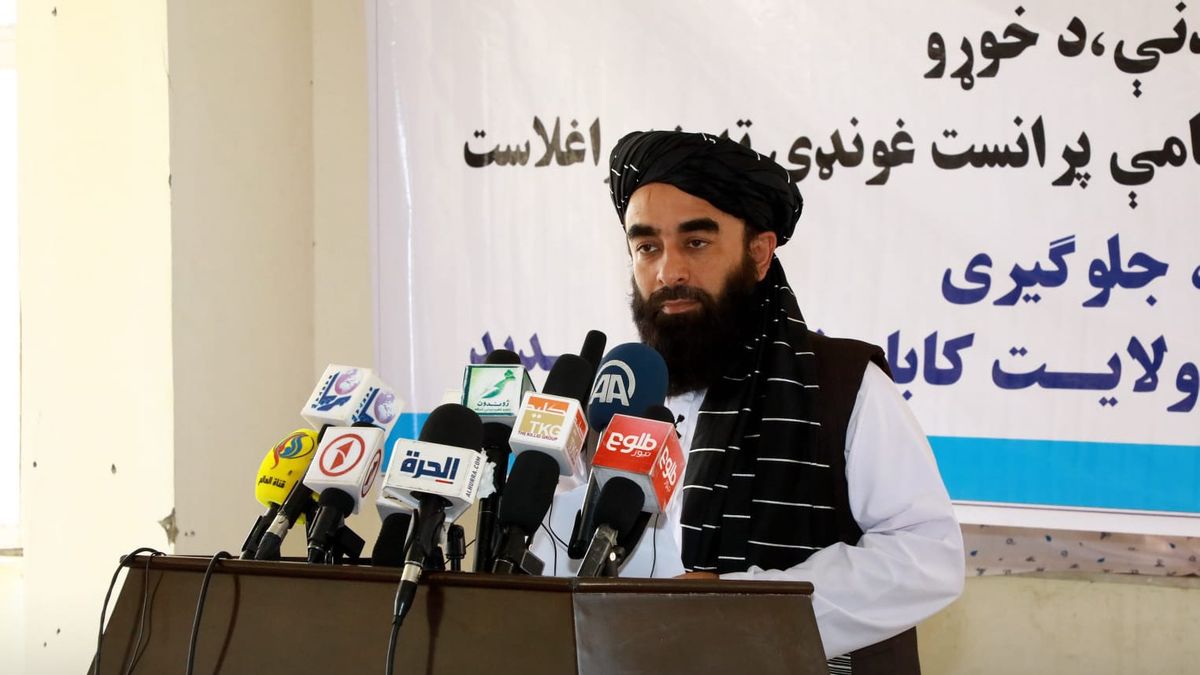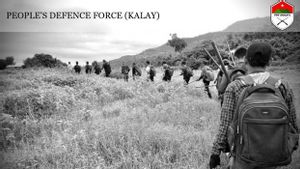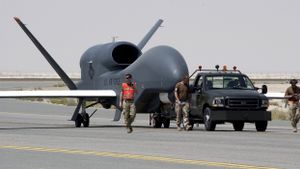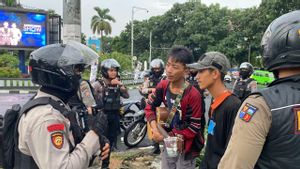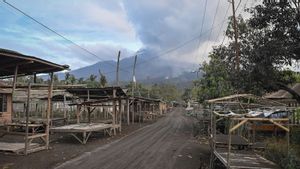JAKARTA - The Afghan Taliban on Tuesday last week appointed governors and military commanders to key positions at the provincial level, at the direction of supreme leader Mullah Haibatullah Akhundzada.
Taliban spokesman Zabihullah Mujahid in a statement on Sunday announced the names of the new provincial governor, deputy governor, and military commander.
Qari Baryal has been appointed governor of Kabul, Mufti Mohammad Idrees will serve as his deputy and Wali Jan Hamzah will be the military commander of the Afghan capital, according to an official statement.
The previous commander in charge of Kabul's security, Mawlawi Hamdullah Mukhlis, was killed this month in an ISIS attack on Afghanistan's largest military hospital in downtown Kabul.
A total of 44 people were announced on this occasion, the biggest appointment since the cabinet was formed in September.
Afghanistan's interim government, led by Muallah Hassan Akhunzada, has also appointed Abdul Ghani as governor of Badakhshan province, Muhammad Ali as governor of Paktia province, Nisar Ahmad as governor of Kunduz province while Qari Bakhtiar and Haji Mali Khan have been appointed governors of Baghlan and Logar provinces, respectively.
Likewise, Abdullah Mukhtar will serve as governor of Paktika province, Abdullah Sarhadi from Bamiyan, Haji Dawat from Uruzgan, Rouhani Sahib from Farah, Abdul Rehman Sar-e-Pol and Shoaib from Jowzjan. Ishaq Akhunzada has been appointed governor of Ghazni province.
The developments come days after the Taliban's supreme leader warned of the dangers of dissidents and intruders in the movement that has taken over Afghanistan.
Reflecting the seriousness of the threat, the reclusive Haibatullah Akhundzada issued a rare written public statement urging Taliban commanders to clear their ranks.
"All the parents of their group should look into their ranks and see if there are any unidentified entities working against the will of the government, which must be eradicated as soon as possible," he quoted The Express Tribune as saying.
"Whatever wrong is done, the elder will be held accountable for the consequences of actions in this world and in the hereafter," he warned, in a statement tweeted by several Taliban accounts.
SEE ALSO:
The Taliban seized power in August after taking control of the capital and toppling the US-backed government, declaring the new Islamic Emirate of Afghanistan.
But after 20 years of guerrilla warfare, the Taliban were forced to rapidly expand their ranks by recruiting former enemies, allied militants, and young madrasa students.
The English, Chinese, Japanese, Arabic, and French versions are automatically generated by the AI. So there may still be inaccuracies in translating, please always see Indonesian as our main language. (system supported by DigitalSiber.id)
